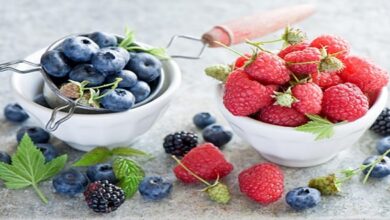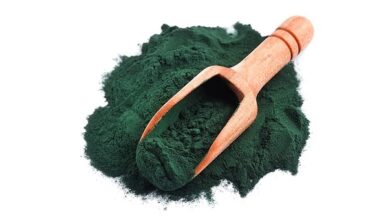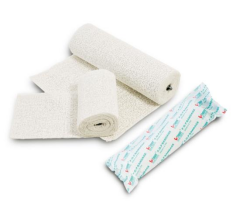
The result of our ceaseless desire for smooth, soft, glowing skin has led to an explosion of anti-aging surgeries and cosmetic products on the market. But do you really need to go under the knife or pay hundreds of dollars for special products? Or, can food rescue your skin in the same way and help its natural beauty shine through?
The answer is yes, it can. Not only that but changing your diet to include foods that support healthy skin is easier and much more cost-effective than any other method out there. Once you learn how the skin is built, how it works, what causes skin problems, and what nutrients and foods help your skin look beautiful, you have the ultimate recipe for healthy, radiant skin.
You Are What You Eat
It’s true: You are what you eat. The foods you eat may be the best resource your skin has to help it fight the outward signs of disease and aging. The entire body needs nutrients in order to work properly and give us the glowing, healthy appearance we all crave.
Unfortunately, stress, processed foods, and diets lacking nutrient-rich foods are common elements in most people’s daily lives; and the result is faster aging of the skin, a greater number of people suffering from skin conditions such as acne and psoriasis, and more undesirable lines and bags around the eyes. Eating the right foods can arm your skin with all the nutrients it needs to fight disease and damage.
Read More: themakernewsz.com
Feed Your Skin and Be Beautiful
Research proves that consuming healthy foods can help your skin have a youthful, plump, radiant, glowing appearance. In 2007, the American Journal of Clinical Nutrition published a study done by British researchers that examined whether the food people eat affects the way their skin looks—and the answer was clear.
More pronounced wrinkles were found in those with a higher intake of bad fats and processed carbohydrates (such as white bread and packaged cookies and snacks), while a diet rich in vitamin C was found to reduce wrinkling later in life. It’s just more proof that food has a lot to do with the beauty of your skin.
A Unique Organ
The skin is the largest of the body’s organs. It functions as a key sensing organ, an oil producer, a detox organ, a temperature regulator, and a protective covering. The skin has to do battle constantly to stay strong and fight the damaging forces that surround it. As the barrier between the body and the environment, it is subjected to a lot of abuse, including:
- Ultraviolet rays from the sun (probably the most damaging factor the skin encounters each day)
- Tanning and other sun exposure damage
- Cleaning-product chemicals, both on clothing and in the air, interact with the skin, drying it out and causing injury and possible allergic reactions
Your skin reflects your internal health. A healthy person has glowing, radiant, smooth skin. Inflammation, scaling, or puffiness indicates that the body is having health problems. Many skin conditions that leave us with undesirable complexions can be alleviated with a proper diet.
Cosmeceuticals
Along with aging baby boomers, a large market for skin-care products promising to turn back time has emerged, with new anti-aging products appearing on the shelves every day. Some, called cosmeceuticals, are being promoted as more powerful than cosmetics but less powerful than drugs. Cosmeceuticals include creams and lotions that are packed with antioxidants and other wrinkle-fighting ingredients.
Shabd Roop is an important concept in the study of Sanskrit grammar. It involves understanding the various forms of words based on their usage in sentences. Applying Shabd Roop in practice is crucial for mastering the language. Translation exercises can help in grasping the different forms of words and their contextual meanings. Composing original sentences using Shabd Roop rules enhances language proficiency and comprehension. By applying these principles, learners can develop a deeper understanding of the language’s structure and nuances. Embracing Shabdroop fosters a comprehensive grasp of Sanskrit and its intricate grammar.





